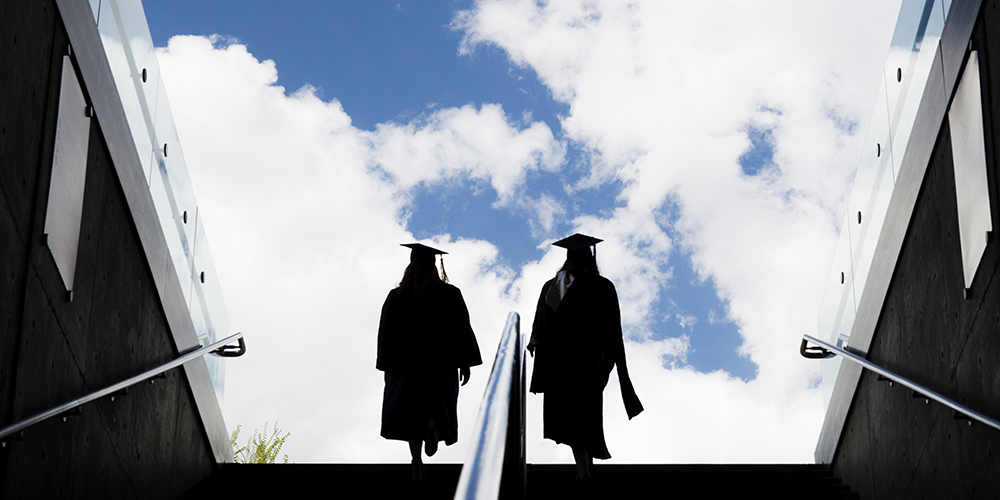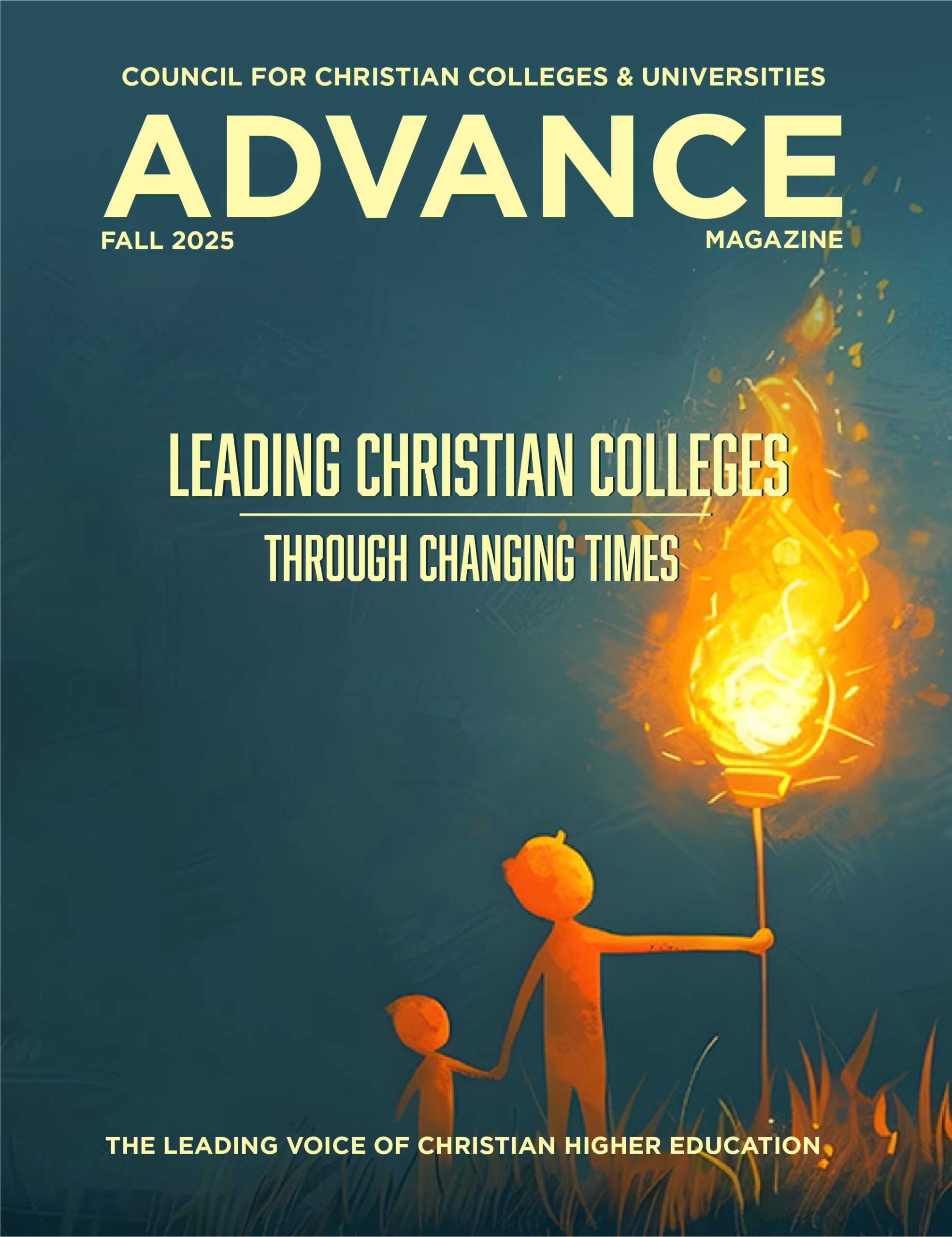Magazine
It wasn’t supposed to be this way. What started off as one of our strongest study abroad semesters was soon truncated by the infamous virus that would become known worldwide as COVID-19. After learning about the pandemic, our staff made the decision on March 12 to end the residential portion of our BestSemester programs and teach out the remainder of the term remotely. Although no one was happy about this, our students lamented it the most. While our staff worked hard to console them, we were proactive in getting students out of various countries and back home as international borders began to quickly close, sometimes in as little as 24 hours.
In the literary world and movie industry, this is the inciting incident — a cataclysmic event that spurs things in motion and results in the main action of the story. These incidents always have a major impact on the main character’s life and draw a clear line between life before the event and life after. For us, COVID-19 was that inciting incident. To further complicate things, the cold, senseless murder of George Floyd by an officer lit a social justice fuse in the American conscience that reverberated around the world. The Black Lives Matter movement, which was birthed and championed by the African American community, was suddenly taken up and hailed by people of all races and ethnicities as people protested and prayed.
Drained emotionally, economically, socially, and spiritually by the two pandemics of COVID-19 and racism, Christians and Christian higher education were left with the question, “What now?” Months later, we are still grappling with this question and the fallout from both events, but the gravity of these inciting incidents won’t allow us to go back to business as usual.
Even as universities around the country attempt to commence with a fall semester, whether remotely or in person, and foster a semester as close to normal as possible, we all have the feeling that things will not be the same. When it comes to addressing systemic racism, that is a good thing. When it comes to enrollment and revenue for colleges, that may not be good. Campuses that rely heavily on both tuition dollars and revenue from auxiliary services to meet their budgets, such as student housing and meals, are bracing for the financial impact of not having a bustling student body on campus this fall. With the anticipated loss of revenue from these temporarily reduced or cancelled services, it may ultimately mean that even more difficult days lie ahead.
What is a Christian response to uncertainty, disruption, and crisis? Fear? Anguish? Despair? Our Bible shows us chapter after chapter that Christ is in the crisis; God is with us. If he is with us, then our hope is not dependent on circumstances, or momentary trouble, but on the One who can do above whatever we can think or imagine.
It is because of this that I believe innovation and creativity will come out of constraints and opportunities will rise up from problems. I believe that Christian higher education will rise to the occasion. This may in fact be our finest hour. Our job is simply to look. What do I mean? Look for opportunities to think outside of the box; to stretch your team’s imagination; to create an inclusive and diverse table; and to innovate past your comfort zone. Remember that success is not predicated on having all of the resources but on being resourceful.
You may be saying to yourself, “That sounds good, but it is easier said than done.” I understand. I am not telling you anything that I am not working on myself. Even as I write, my team and I are working diligently to be resourceful, creative, and innovative. We are thinking about what our member campuses will need in the future. With God’s help, we truly believe the best is yet to come — not only for our programs, but for Christian higher education as a whole.
Kimberly Battle-Walters Denu is the CCCU’s vice president for educational programs.



